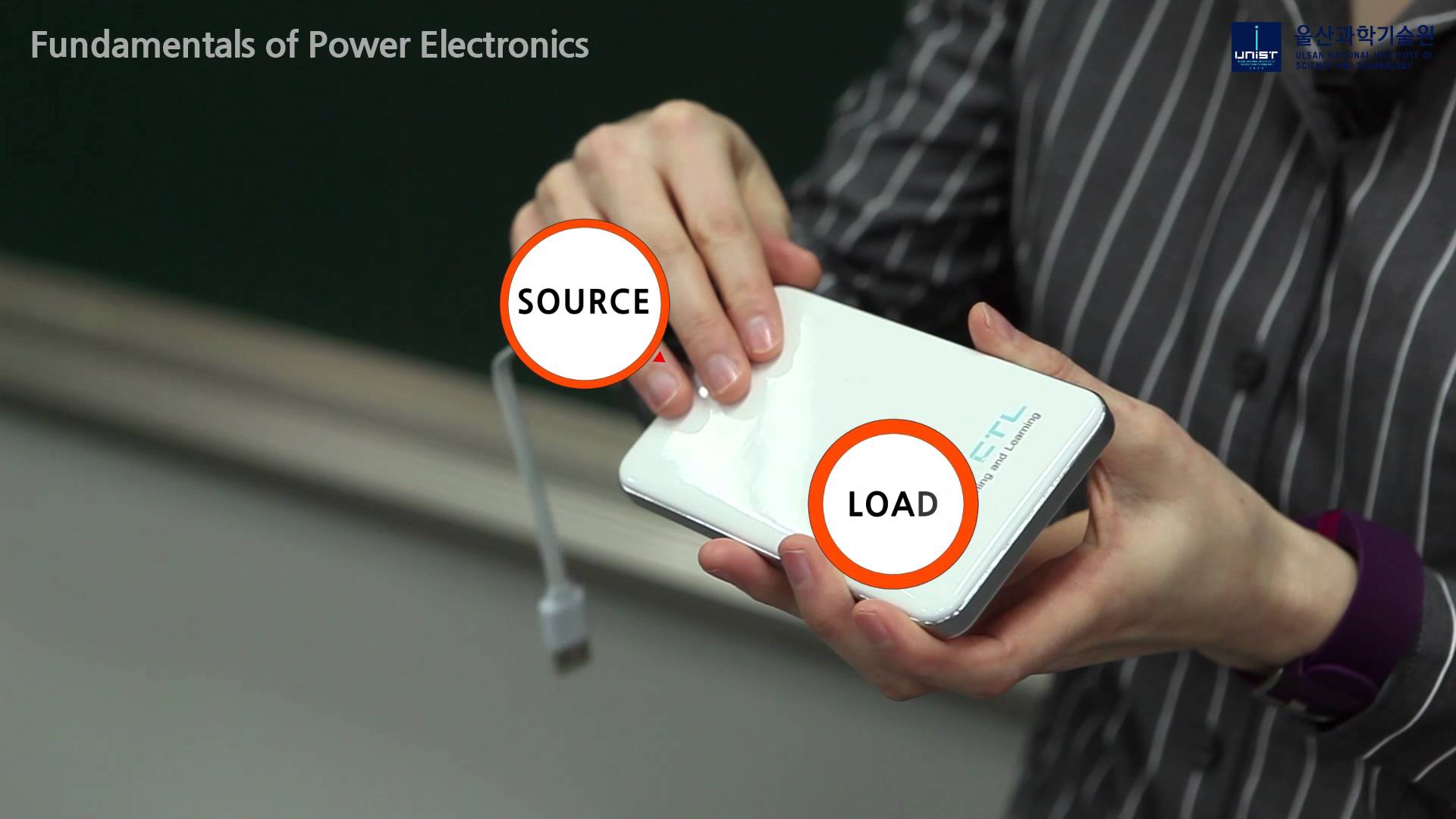The business benefits of low carbon microgrids

Microgrids are taking off - representing the growing interest in moving towards localised and distributed energy generation. And this is with good reason - today’s microgrids are resilient and can be used extremely efficiently. Beyond their stability, low-carbon microgrids are valued as they run predominantly on renewable energy and can even run independently from the electricity grid – unlike their traditional counterparts which are often dependent on fossil fuels.
Regions across the world have begun to adopt them in conjunction – or even in place of – traditional grid systems. An example of this would be the recently inaugurated Wadesville microgrid system in South Africa. As a result of microgrid implementation, the site became self-sufficient from an energy consumption perspective, while simultaneously relieving pressure on the national electricity grid and local infrastructure.
And while microgrid technology itself is not new, the application of energy storage within today’s microgrids is innovative - and it’s driving key business benefits.
Increased reliability
In additional to enhancing the reliability of existing grids, microgrids allow rapid access to power in places that have been traditionally harder to reach. This model is particularly relevant for businesses in emerging markets, such as Africa, where manufacturing enterprises experience power outages 56 days per year on average - each often lasting around 5.7 hours. In short, microgrid technology can be a valuable solution in situations where there is a need to increase electrification and improve power reliability.
While microgrids provide countless benefits for developing nations, they also provide vital business continuity for organisations in developed countries. They may have relatively stable national power supplies, but outages still occur. Any power outage - even a one-off - is bad news given that 75% of senior professionals surveyed in the UK said that all or most of their workforce use computers and rely on information stored on local servers. Power can even be dependent on the changing political landscape. For instance, recent research from UPS Systems suggested that one in four businesses in the UK could be at risk of power shortages post-Brexit. The good news is that microgrids can address this issue, ensuring uninterrupted power so that mission critical operations can continue even when the wider area is hit with a power cut.
Cost savings
Beyond resilience from power outages, microgrids also open additional revenue avenues for the enterprise. It’s well known within the energy industry that the cost of power produced by a photovoltaic system (PV) is very low - often even lower than the cost of electricity bought directly from the grid. Microgrids enable businesses to maximise the amount of energy obtained through PV, reducing overall consumption from the grid and ensuring they are not paying for electricity at peak prices.
As well as tapping into more cost efficient and renewable energy sources, the microgrid can eventually pay for itself. Unlike for other technologies, microgrid owners can effectively manage their onsite generation assets to meet their needs, and if needed can then sell it back to the utility or use it to reduce demand charges. In short, the capital cost is paid for over time by both energy-demand savings and the revenue they can generate by selling stored power back to the grid when demand is at its highest.
Competitive advantage
Organisations increasingly recognise the benefits of embracing a more sustainable way of doing business. In today’s marketplace, transparent sustainability can even equal competitive advantage particularly when combined with enhanced resiliency and cost savings.
When hiring, sustainable businesses have the unique benefit of attracting a wider talent pool than their traditional counterparts. They even have the distinct benefit of pulling in candidates that want the sense of pride that comes with working for a business that embraces green values. According to a recent report of millennial employee engagement, three-quarters (76 per cent) of millennials consider a company’s social and environmental commitments when deciding where to work, and nearly two-thirds (64 per cent) won’t take a job if a potential employer doesn’t have strong corporate social responsibility practices.
From increased resiliency to greener energy, microgrids provide a wide variety of benefits. At a business level, they can boost business performance and improve organisational reputation, all while acting as a competitive differentiator in today’s crowded market. But most importantly, they provide a cleaner and greener approach to energy management and storage – a key factor in supporting the drive for a renewable future.



































